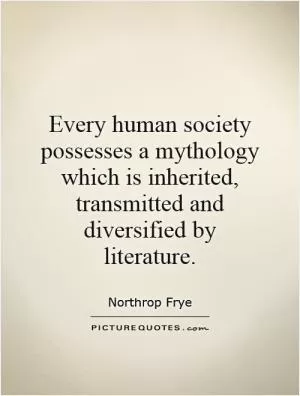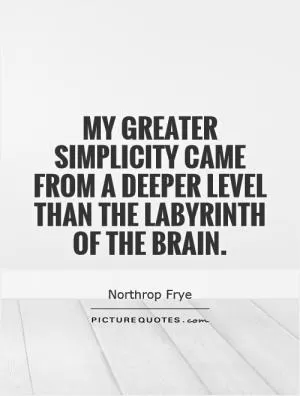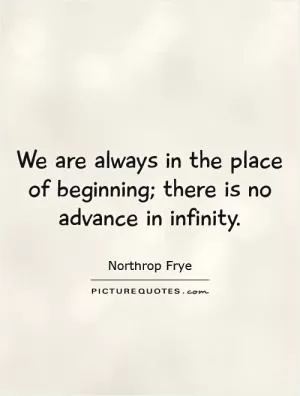You can never get rid of God as long as you continue to use words, because all words are part of the Word

You can never get rid of God as long as you continue to use words, because all words are part of the Word
Northrop Frye, a renowned literary critic and theologian, once stated, "You can never get rid of God as long as you continue to use words, because all words are part of the Word." This profound statement highlights the interconnectedness between language, literature, and spirituality. Frye believed that language, as a tool for communication and expression, inherently carries within it the essence of the divine.In Frye's view, words are not merely symbols or signs used to convey meaning; they are imbued with a deeper significance that transcends their literal definitions. He believed that language is a reflection of the divine Word, the creative force that gives life and meaning to all things. Just as the Word of God is said to have brought the universe into existence, words have the power to shape our understanding of the world and our place within it.
For Frye, literature was a sacred art form that allowed writers to tap into the universal truths and archetypes that underlie human experience. Through the use of language, writers could access the divine realm and convey profound insights about the nature of existence. In this sense, literature was not just a form of entertainment or escapism, but a means of connecting with the divine and exploring the mysteries of the universe.
Frye's ideas about the relationship between language and the divine have profound implications for how we understand the role of words in our lives. If all words are part of the Word, then every utterance, every written text, carries with it a spark of the divine. This suggests that language is not just a human invention, but a gift from God that allows us to communicate, create, and connect with the transcendent.












 Friendship Quotes
Friendship Quotes Love Quotes
Love Quotes Life Quotes
Life Quotes Funny Quotes
Funny Quotes Motivational Quotes
Motivational Quotes Inspirational Quotes
Inspirational Quotes